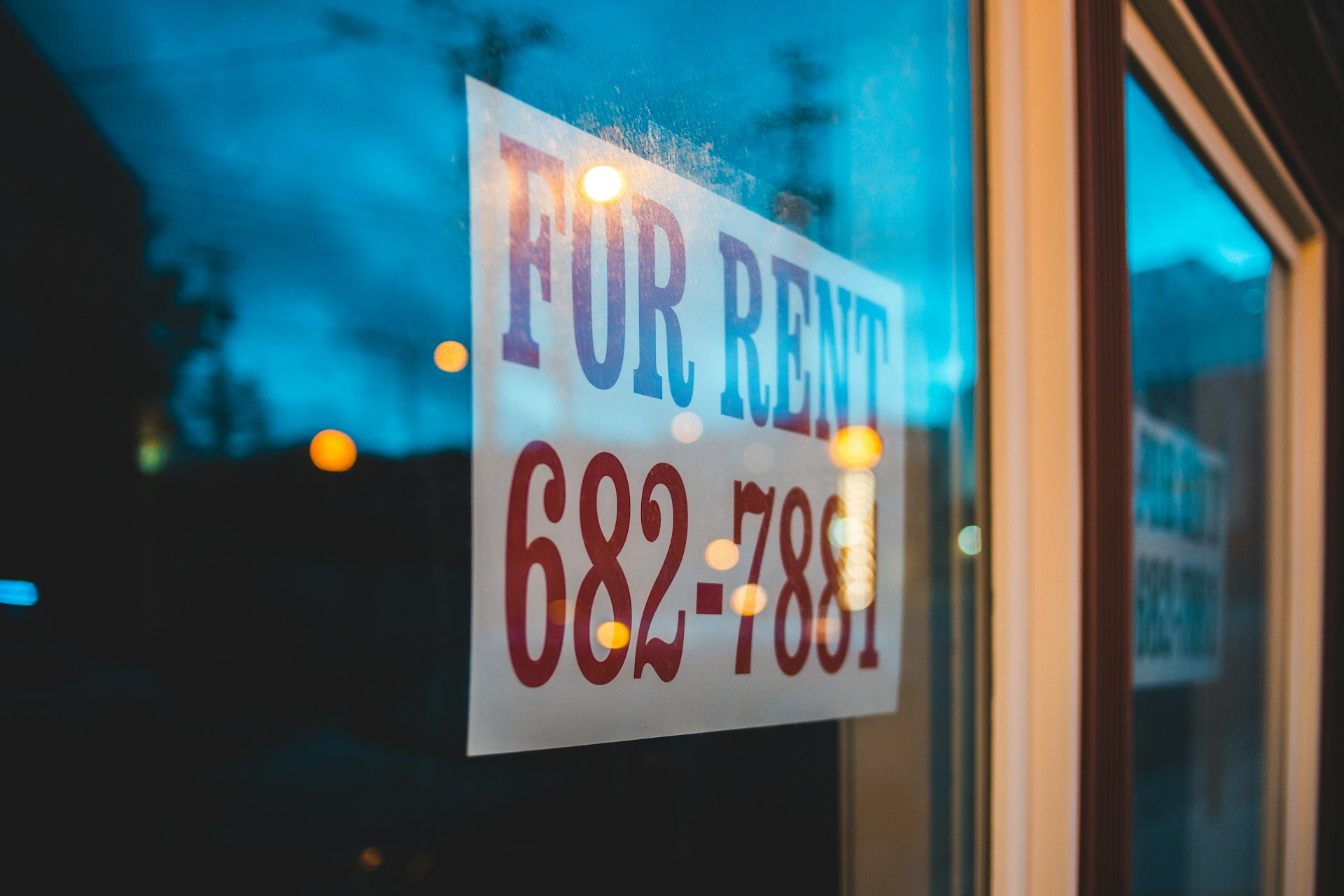When you decide to file for bankruptcy, it’s imperative to understand the impact this can have on your life. While it can be incredibly beneficial for those in debt, it can have negative impacts as it can not only affect your credit score, but it makes it difficult to obtain loans and even housing. As such, it’s critical to consider this process before filing. However, if you have decided that declaring bankruptcy is in your best interest, the following blog explains what you should know about how this can impact your ability to find an apartment and the steps you can take to improve your chances of approval. Additionally, you’ll discover how a Montgomery County bankruptcy lawyer can help you if you’re having trouble finding a place to rent after bankruptcy.
Will Bankruptcy Impact My Ability to Rent?
First and foremost, it’s important to understand that filing for bankruptcy does not mean you are automatically barred from applying for apartments. However, if you file, it can drastically decrease your credit score, which is often a red flag to potential landlords. As such, you may have a difficult time finding someone to rent to you, especially in the first two years following the closure of your case.
If you have not yet filed, you may want to move before you do. This can help ensure you have housing during the period during and after your bankruptcy filing. So long as you continue to make payments, filing for bankruptcy should not impact your current tenancy.
What Can I Do to Improve My Chances of Finding an Apartment?
When looking for an apartment after filing for bankruptcy, understanding the steps you can take to improve your chances of finding a location is critical. Generally, the most important thing you can do is provide proof of past on-time rent payments and stable income. If you can show you have enough money to cover your monthly rent payments and proof that you’ve made timely payments in past locations can make a landlord more likely to rent to you.
You should note that filing Chapter 7 is often considered more ideal for landlords, as there are no current debt payments in place as with Chapter 13. A landlord may be less likely to rent to someone who filed Chapter 13 for fear their income will be used to repay creditors as opposed to paying rent.
Finally, one of the most important things you can do is look for independent landlords rather than management companies. If you can sit down and explain your circumstances to someone, they may be more willing to let you rent, whereas a large company responsible for multiple complexes may not be as flexible.
As you can see, navigating the aftermath of bankruptcy can be incredibly difficult. That is why it’s in your best interest to connect with an experienced attorney with Mudrick & Zucker, P.C. Not only can we assist you in filing and navigating your bankruptcy case, but our team can continue to provide support after your case has closed. When you need help, don’t hesitate to contact us today.


